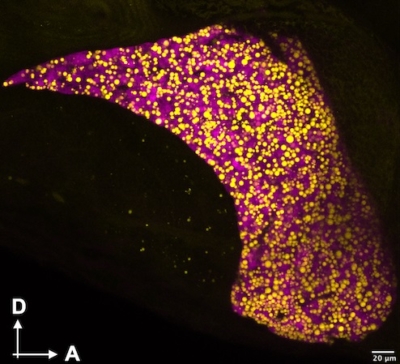
Presentation
Starvation impacts 10% of the world’s population, including the death of ~400 individuals per year in Belgium and UK from nutritional deficiencies. During starvation, organs undergo atrophy, leading to decreased function. Protecting organs from damage would improve the outcome of nutritional deprivation. Work from aPhD student in the Singh Lab (ULB), who did her master’s internship in Platt Lab (Oxford), established metabolism of hepatic lipids as the cause of liver damage during starvation. Interestingly, reducing the uptake of lipids, which increased sphingolipid metabolic pathway, was able to protect the liver from damage. In this proposal, the two groups will combine their individual expertise in stress biology and sphingolipid biology to develop the first map of sphingolipids during starvation. With this, we will identify keyblockage(s) in the pathway that occur during starvation-induced organ damage, as well as lipid molecules that can slow down the damage.
Promoters
- Frances Platt, Department of Pharmacology, University of Oxford
- Sumeet Pal Singh, IRIBHM – Institute of Interdisciplinary Research in human and molecular Biology, ULB


